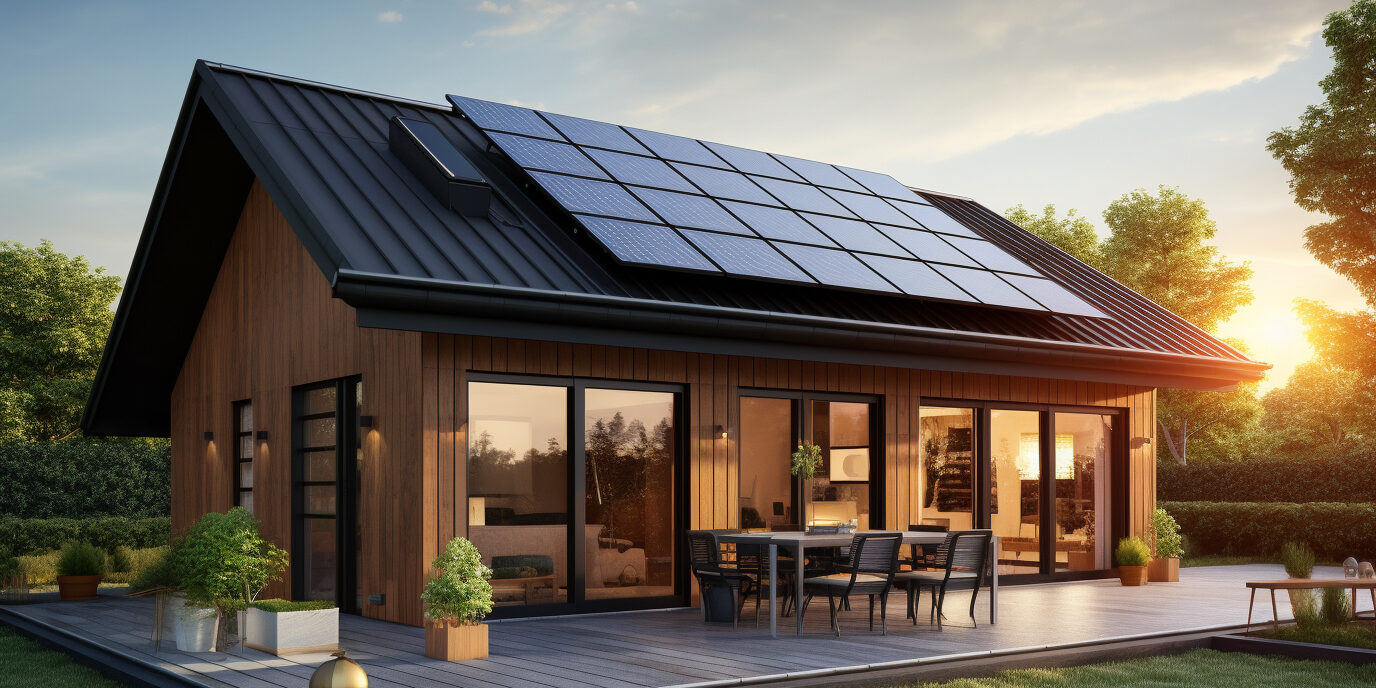
The Intergovernmental Panel on Climate Change, commissioned by the United Nations and made up of thousands of scientists from around the world, releases its climate assessment reports every 5 years. A new report was issued last week stating that the earth is likely to reach 1.5C (2.7F) warming sometime between 2030 and 2052. It would be worse again at 2C and higher temperature rises.[1] One of the report’s key messages is that we are already seeing effects through increased extreme weather, rising sea levels, coral reef bleaching and shrinking Arctic sea ice. However, effects of further warming will be noticeably different from today.
To limit warming to 1.5C we need to cut global emissions by about 45% by 2030 compared with 2010 levels. This would require rapid and far-reaching transitions in land, energy, industry, buildings, transport, and cities. Any remaining emissions would need to be balanced by removing CO2 from the air via Afforestation (planting new trees) and reforestation (replanting trees where they previously existed). Examples of needed actions include:
- Shifting to low- or zero-emission power generation, such as renewables;
- Changing food systems, such as diet changes away from land-intensive animal products (meat);
- Electrifying transport
- Developing ‘green infrastructure’, such as green roofs, and improving energy efficiency by smart urban planning, which will change the layout of many cities.
- Switching from fossil fuels such as coal and oil could avoid 100 million premature deaths through this century.
A ‘whole systems’ approach would be needed, meaning that all relevant companies, industries and stakeholders would need to be involved. While transitions towards lower greenhouse gas emissions are underway in some cities, regions, countries, there are few that are currently consistent with limiting warming to 1.5°C. Meeting this challenge would require a rapid escalation in the current scale and pace of change. It is all-hands-on-deck time!
For the full report, a summary, FAQs, and more information, see http://www.ipcc.ch/report/sr15/
[1] For instance, by 2100, global sea level rise would be 10 cm lower with global warming of 1.5°C compared with 2°C. The likelihood of an Arctic Ocean free of sea ice in summer would be once per century with global warming of 1.5°C, compared with at least once per decade with 2°C. Coral reefs would decline by 70–90% with global warming of 1.5°C, whereas virtually all would be lost with 2°C.

